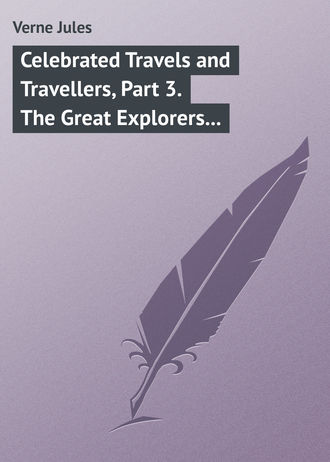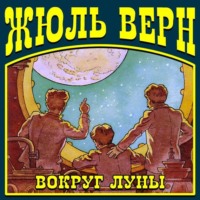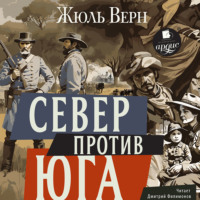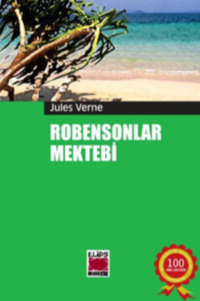 полная версия
полная версияCelebrated Travels and Travellers, Part 3. The Great Explorers of the Nineteenth Century
7
The Areois are a curious vagrant set of people, who have been found in these regions, who practise the singular and fatal custom of killing their children at birth, because of a traditional law binding them to do so. —Trans.
8
The raven was regarded by these races with superstitious dread, as having the power of healing diseases, &c. —Trans.
9
The aim being to give up the slaves as property, it was a matter of indifference whether they were killed or set at liberty. —Trans.
10
"From numerous experiments," says Freycinet, "with the pendulum, collected at our observatory at Agagna, in lat. 13° 27' 511" 5 N. … at the level of the sea, and with the thermometer at +20° centig., we were shown that the pendulum which, in the same circumstances, would make at Paris 86,400 oscillations in 24 mean solar hours would here make 86,295 osc.013 in the same time." —Trans.
11
Jacques Arago, brother of the illustrious astronomer.
12
See previous footnote.
13
It was the custom for the chiefs in these parts to assume new names, often for the most trifling reasons. —Trans.
14
This refers to the line made up of the succession of points at which the magnetic needle ceases to indicate. —Trans.
15
This is a weapon shorter than a sword and longer than a dagger. —Trans.
16
Now "South Island." —Trans.
17
The Editor of the Literary Gazette adds the following note. "Lieutenant Wilkes may have mistaken some clouds or fog-banks, which in these regions are very likely to assume the appearance of land to inexperienced eyes, for this continent and range of lofty mountains. If so, the error is to be regretted, as it must tend to throw discredit on other portions of his discoveries, which have a more substantial foundation." —Trans.
18
The word calotte here used by Verne is untranslateable. It signifies, literally, a particular kind of cap, frequently a monk's cap or cowl. —Trans.








